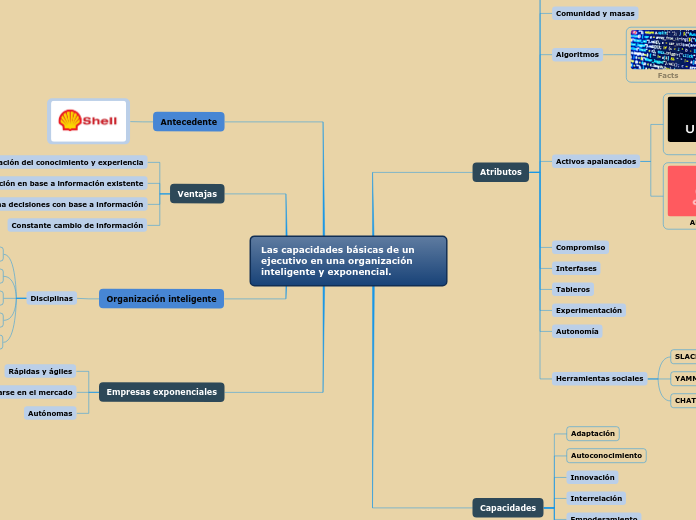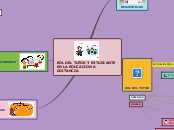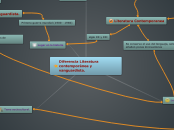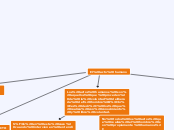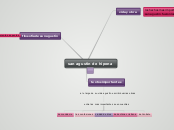Las capacidades básicas de un ejecutivo en una organización inteligente y exponencial.
Marine life, sea life or ocean life, is represented by the plants, animals and other organisms that live in the saltwater of the sea or ocean, or the brackish water of coastal estuaries.
At a fundamental level, marine life affects the nature of the planet. Marine organisms produce oxygen and sequester carbon.
Empresas exponenciales
Fish are limbless cold-blooded vertebrate animal with gills and fins living wholly in water.
Autónomas
Enumerate at least 10 of the most popular fish.
Apalancarse en el mercado
Rays are the largest group of cartilaginous fishes, with well over 600 species in 26 families.
Rays look like bats in the water, and this is probably why they are called batoids. Rays use their pectoral fins to 'fly' through the water. Though a bony fish takes in water with its mouth, rays do not because they live at the bottom of the ocean.
Name a few of the most known species.
Rápidas y ágiles
Species in the shark subclass have skeletons made from cartilage, not bone, and have five to seven gill slits on each side of their heads (most other fish have only one gill slit on each side), which they use to filter oxygen from the water.
Enumerate a few of the most known species of sharks:
Organización inteligente
Disciplinas
Aprendizaje en equipo
Pensamiento sistemático
Visión compartida
Modelos mentales
Dominio personal
Ventajas
A coral reef is an underwater ecosystem characterized by reef-building corals. Reefs are formed of colonies of coral polyps held together by calcium carbonate. Most coral reefs are built from stony corals, whose polyps cluster in groups.
The 3 main types of reef are: atoll, barrier reefs, fringing reefs.
Write down their characteristics as well as the importance of the reefs
Constante cambio de información
Coral reefs are important for many different reasons aside from supposedly containing the most diverse ecosystems on the planet.
Toma decisiones con base a información
- Where are fringing reefs found?
- How is it formed?
- What animals live in fringing reefs?
Creación en base a información existente
- What is a barrier reef?
- How is it formed?
- Where are barrier reefs located?
Reutilización del conocimiento y experiencia
- How does an atoll form?
- Where are atolls found?
- Can people live on an atoll?
Antecedente
Capacidades
Marine plants consist of two major types, the seagrasses, and the algae and seaweeds.
Seagrasses represent members of some of the more complex plants, while algae and seaweeds display simple forms and are often microscopic.
Gather information about marine plants:
- What do marine plants need to survive?
- What is the importance of marine algae?
- How long do aquatic plants live?
Pensamiento disruptivo
Agilidad y rapidez
Flexibilidad
Empoderamiento
Interrelación
Innovación
Autoconocimiento
Adaptación
Atributos
Marine mammals are aquatic mammals that rely on the ocean and other marine ecosystems for their existence.
They include animals such as seals, whales, manatees, sea otters, and polar bears. They are an informal group, unified only by their reliance on marine environments for feeding.
Herramientas sociales
CHATTER
YAMMER
SLACK
Autonomía
Experimentación
Tableros
Interfases
Compromiso
Activos apalancados
- Do they live in water all the time?
- How dense is sea otters' fur?
- What do sea otters eat?
- What is a group of otters called?
Air B&B
Uber
Algoritmos
- How big are dolphins?
- What do dolphins eat?
- How are dolphins different from fish?
- Where do dolphins live?
Facts
Comunidad y masas
- Why are they called sea cows?
- Where do they live?
- How long can they stay underwater?
- Can manatees live on land?
- Do manatees sleep underwater?
Empleados bajo demanda
- How are seals and sea lions alike?
- Are seals or sea lions aggressive?
- Why are sea lions called sea lions?
- What is a group of seals called?
Ágiles
Tercerización
Propósito de transformación masiva
- How big are whales?
- What do whales eat?
- How are whales different from fish?
- Where do whales live in the world?
- What are whales known for?
